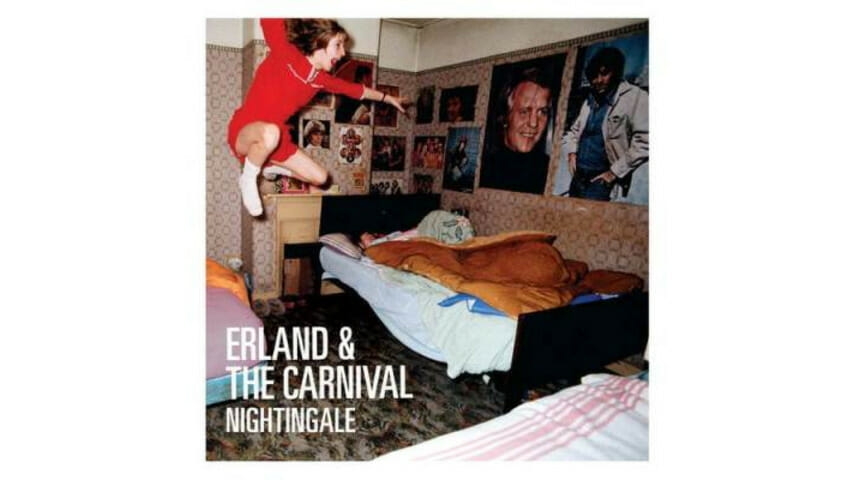Erland & the Carnival: Nightingale

Scottish upstarts fete the Carpenters, French pop, everything else in the world
-

-

-

-

-

-

-

-

-

-

-

-

-

-

-

-

-

-

-

-

-

-

-

-

-

-

-

-

-

-

-

-

-

-

-

-

-

-

-

-








































